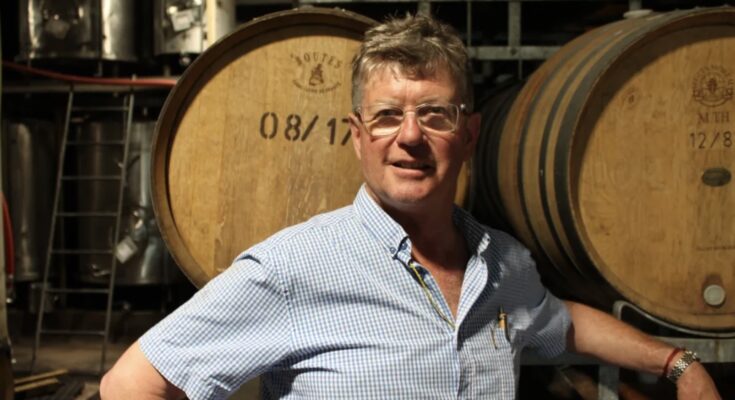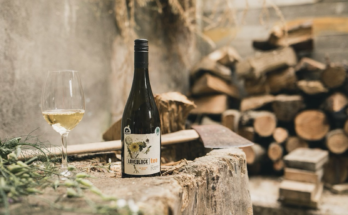Winemaker and vineyard owner James Millton – who in 2012 was made a Member of the New Zealand Order of Merit for services to the New Zealand wine industry – has been sentenced to five months of community detention and fined $15,000 on charges linked to him knowingly importing goods with no biosecurity clearance and knowingly making a false or misleading declaration to officials at Auckland Airport.
His actions were described by a judge in the Blenheim District Court on Tuesday as “utterly inexplicable” and “unfathomable”.
The Ministry for Primary Industries said that Millton’s actions risked introducing a range of diseases and pests that had the potential to cripple the New Zealand wine industry. A statement to the court by the New Zealand Wine Growers Association outlined that such actions put the whole industry, including 42,000 hectares of grape plantings, at risk.
During a trip to his daughter’s vineyard in the Adelaide Hills in 2019, Millton took two cuttings from a Savagnin grapevine. Millton was interested in the variety as it was not present in New Zealand and he wanted to cultivate it at his vineyard in Gisborne. He wrapped the vine cuttings in plastic and placed them inside his suitcase, and on 14 June 2019, Millton flew from Adelaide to Auckland. On the way he completed the passenger arrival card declaration, and indicated that he was not bringing in any plants or plant product.
MPI said he knew this was false because he had the vine cuttings in his suitcase. Millton handed over his incorrect arrival declaration upon arrival and did not declare the grapevine cuttings when he went through biosecurity and customs at Auckland International Airport. He then took the vine cuttings to his home in Gisborne and planted them in a garden near his home at the vineyard.
In 2021 he took cuttings to a local nursery for grafting and falsely said they were “Chenin Blanc” grapevine cuttings. The nursery grafted 134 cuttings and returned them to Millton who then planted them in the Millton vineyard. Millton moved to Blenheim in 2022 but remained a shareholder in the Millton Vineyard business he and his former wife set up in 1984.
In 2023 he arranged for cuttings he called “Chenin Blanc Special Selection” to be sent to him in Blenheim. He contacted a nursery in Blenheim and asked it to graft the cuttings for him, but after inquiring about the cuttings’ provenance, the nursery declined to graft them and MPI was alerted.
MPI said Millton was aware that he was required to follow a specified process to import grapevine cuttings to New Zealand, but he chose not to.
Millton’s lawyer Peter Radich said Millton was a “dreamer”, and an enthusiast who was on a “sensory expedition of his own”, but at age 67 his personal life had collapsed, he had suffered a massive life set-back from losing his business, part of his family and now the reputational damage associated with the offending.
However, in sentencing Millton, Judge Barkle said that his ongoing conduct, after bringing the cuttings in, had compounded the offending he described as deliberate and pre-meditated, and his extensive experience in the industry meant he was well aware of the procedures that had to be followed. “His knowledge of this significant risk would have been far greater than the average New Zealander.”




